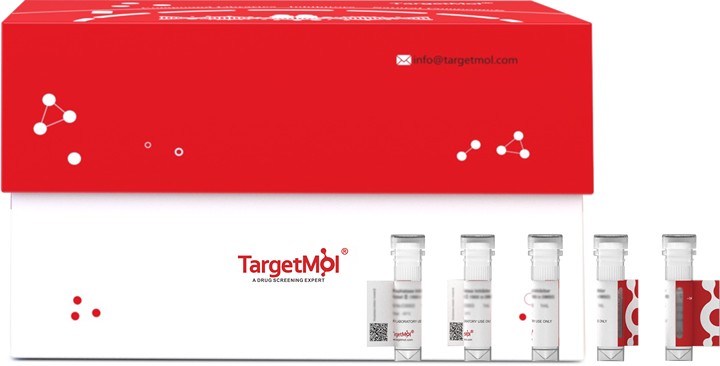Shopping Cart
- Remove All
 Your shopping cart is currently empty
Your shopping cart is currently empty

Probably mediates the deacetylation of lysine residues on the N-terminal part of the core histones (H2A, H2B, H3 and H4). Histone deacetylation gives a tag for epigenetic repression and plays an important role in transcriptional regulation, cell cycle progression and developmental events. HDT2 Protein, Arabidopsis thaliana, Recombinant (His) is expressed in yeast with N-6xHis tag. The predicted molecular weight is 34.3 kDa and the accession number is Q56WH4.

| Pack Size | Price | Availability | Quantity |
|---|---|---|---|
| 20 μg | $397 | 20 days | |
| 100 μg | $845 | 20 days | |
| 500 μg | $1,950 | 20 days |
| Biological Activity | Activity has not been tested. It is theoretically active, but we cannot guarantee it. If you require protein activity, we recommend choosing the eukaryotic expression version first. |
| Description | Probably mediates the deacetylation of lysine residues on the N-terminal part of the core histones (H2A, H2B, H3 and H4). Histone deacetylation gives a tag for epigenetic repression and plays an important role in transcriptional regulation, cell cycle progression and developmental events. HDT2 Protein, Arabidopsis thaliana, Recombinant (His) is expressed in yeast with N-6xHis tag. The predicted molecular weight is 34.3 kDa and the accession number is Q56WH4. |
| Species | Arabidopsis thaliana |
| Expression System | P. pastoris (Yeast) |
| Tag | N-6xHis |
| Accession Number | Q56WH4 |
| Synonyms | Histone deacetylase HDT2,Histone deacetylase 2b,HD-tuins protein 2,HDT2 |
| Amino Acid | MEFWGVAVTPKNATKVTPEEDSLVHISQASLDCTVKSGESVVLSVTVGGAKLVIGTLSQDKFPQISFDLVFDKEFELSHSGTKANVHFIGYKSPNIEQDDFTSSDDEDVPEAVPAPAPTAVTANGNAGAAVVKADTKPKAKPAEVKPAEEKPESDEEDESDDEDESEEDDDSEKGMDVDEDDSDDDEEEDSEDEEEEETPKKPEPINKKRPNESVSKTPVSGKKAKPAAAPASTPQKTEEKKKGGHTATPHPAKKGGKSPVNANQSPKSGGQSSGGNNNKKPFNSGKQFGGSNNKGSNKGKGKGRA |
| Construction | 1-306 aa |
| Protein Purity | > 90% as determined by SDS-PAGE. |
| Molecular Weight | 34.3 kDa (predicted) |
| Endotoxin | < 1.0 EU/μg of the protein as determined by the LAL method. |
| Formulation | Tris-based buffer, 50% glycerol |
| Reconstitution | A Certificate of Analysis (CoA) containing reconstitution instructions is included with the products. Please refer to the CoA for detailed information. |
| Stability & Storage | Lyophilized powders can be stably stored for over 12 months, while liquid products can be stored for 6-12 months at -80°C. For reconstituted protein solutions, the solution can be stored at -20°C to -80°C for at least 3 months. Please avoid multiple freeze-thaw cycles and store products in aliquots. |
| Shipping | In general, Lyophilized powders are shipping with blue ice. Solutions are shipping with dry ice. |
| Research Background | Probably mediates the deacetylation of lysine residues on the N-terminal part of the core histones (H2A, H2B, H3 and H4). Histone deacetylation gives a tag for epigenetic repression and plays an important role in transcriptional regulation, cell cycle progression and developmental events. |

Copyright © 2015-2025 TargetMol Chemicals Inc. All Rights Reserved.